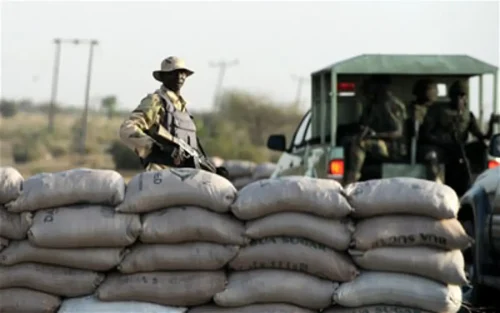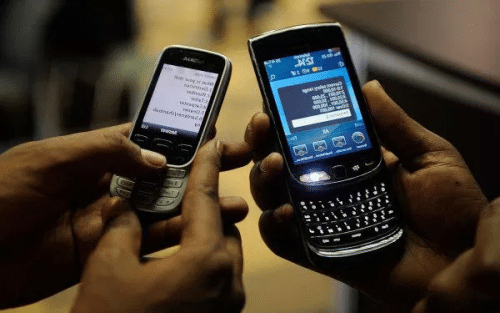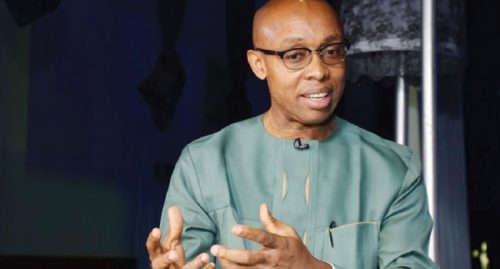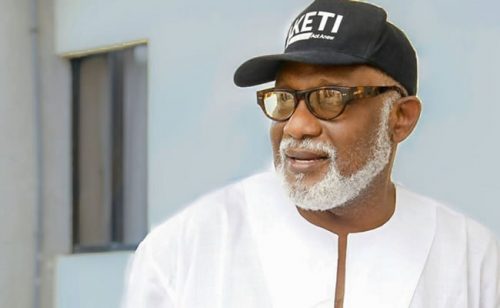Nigerian assets tumble after Trump threatens military action

Nigeria’s dollar bonds posted the steepest losses in emerging markets after US President Donald Trump threatened military action, saying he would “prepare for possible action” if the government fails to stop the killings of Christians by Islamist militants.
The sell-off hit bonds across the curve, with all 10 of the worst emerging-market performers on Monday being Nigerian notes, according to Bloomberg data as of 10:45 a.m. in Lagos.
Securities maturing in 2047 fell the most, dropping as much as 0.6 cents to 88.26 cents on the dollar before trimming losses. The naira also weakened, sliding 1.2% to 1,442.80 per dollar — the sharpest intraday drop since June and the biggest decline among developing-nation currencies.
Trump’s comments came in a Truth Social post, where he accused Nigeria of failing to protect Christians, threatened to “immediately stop all aid and assistance to Nigeria,” and warned the US “may very well go into that now disgraced country, ‘guns-a-blazing,’ to completely wipe out the Islamic Terrorists.”
He added that he had instructed the Pentagon “to prepare for possible action” and said he was designating Nigeria a “Country of Particular Concern.” US aid to Nigeria totaled around $1 billion in 2023.
Nigerian President Bola Tinubu rejected Trump’s portrayal, saying the former US leader was ignoring “the consistent and sincere efforts of the government to safeguard freedom of religion and beliefs for all Nigerians.”
Despite the sharp market reaction, some investors expect stability to return. “We expected a negative knee-jerk reaction on the back of Trump’s comments, but we are comfortable with Nigeria’s creditworthiness and outlook,” said Anders Faergemann of PineBridge Investments. “We expect markets will calm down.”
Adriaan du Toit of AllianceBernstein called the threat “an unexpected and seemingly disproportionate escalation,” adding that “it doesn’t have sufficient substance at this point to dim the positive fundamental momentum.”
Investors have been more optimistic about Nigeria since Tinubu took office in 2023, pushing through reforms such as scrapping fuel subsidies and liberalizing the currency.
Nigeria’s average sovereign-bond spread over US Treasuries has narrowed from nearly 1,000 basis points last year to about 400, while stocks have gained nearly 60% in dollar terms this year.
The situation of Christians in Nigeria has drawn attention from US conservatives, including figures like Senator Ted Cruz. Nigeria has rejected claims it is failing to act, noting that both Christians and Muslims have been victims of Islamist insurgency.
The country of about 230 million remains split roughly evenly between both faiths and continues to battle extremist violence that has claimed tens of thousands of lives, including the infamous 2014 Chibok schoolgirl kidnapping.











